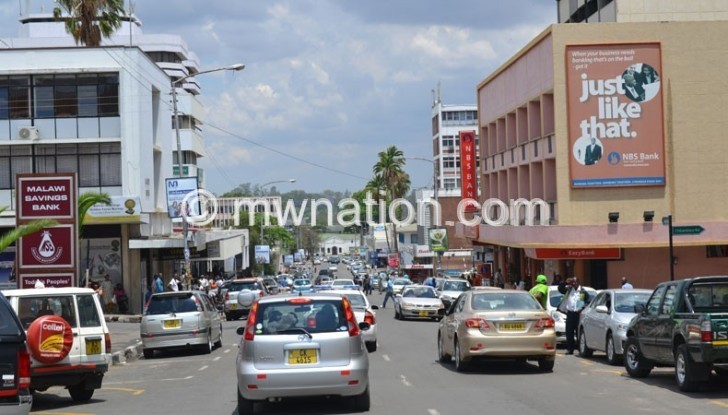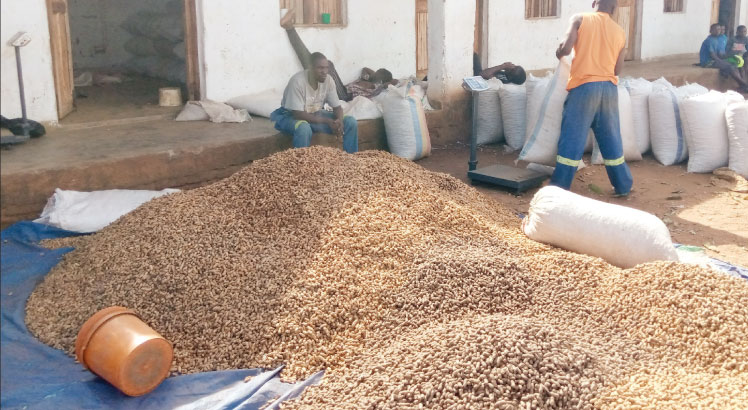IMF hopeful on ECF programme
The International Monetary Fund (IMF) has expressed optimism over the public finance management reform under the Extended Credit Facility (ECF) programme which it says will open the door for more budget support.
Outgoing IMF resident representative Jack Ree said in an interview on Tuesday that the programme has been performing relatively well so far, and the augmentation of the funding of the programme is being discussed by the fund’s management.

However, he said the amount will depend on Malawi’s balance of payment needs generated by the devastation of Cyclone Idai.
“Now that the elections are over, an IMF review mission is expected to come to Malawi in the coming months. Overall, macroeconomic situation looks favourable and the focus of the discussion will likely be the 2019/20 National Budget and how to integrate the government’s post-election priorities into the macroeconomic reform and adjustment programme.
“We haven’t yet received concrete information on the budget support. But we will soon have an opportunity to look into the full details in the context of the upcoming ECF programme review mission. However, budget support also requires very high level of confidence by the donor on the recipient country’s public finance management system,” he said.
Minister of Finance, Economic Planning and Development Joseph Mwanamvekha earlier said donors are slowly resuming their budget support, which is a sign of confidence in the current administration.
He said, so far, Treasury has received $40 billion from the World Bank and $20 billion from the Chinese government and shortly, government will be signing an agreement with the African Development Bank (AfDB).
Economics Association of Malawi (Ecam) president Chikumbutso Kalilombe last week said Treasury needed to exercise prudence at all cost if the economy is to sustain the existing stability gains and register growth.
During the last financial year, the World Bank rescinded its pledge to disburse K60 billion in budgetary support, a development that forced Treasury to trim its planned expenditure.
Among the reasons, the bank cited failure by Cabinet to discuss proposed Agricultural Development and Market Corporation (Admarc) reforms that would help to turn it around to become profitable than its continued draining of public resources.
Without the K60 billion, grants were projected to decrease from K197.1 billion to K137.1 billion by the end of the financial year ended June 30 2019, representing a 30.4 percent decrease.
It was envisaged, the budgetary support could have gone a long way in reducing the domestic debt which is reaching unmanageable levels.
It is expected that Mwanamvekha will present the 2019 /2020 national budget in Parliament next month to supersede the current four months K511.3 billion provisional budget that parliament approved in June.
The ECF programme was approved by the IMF board in April 2018, and its first review was successfully completed at end-November, 2018.





